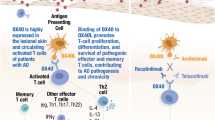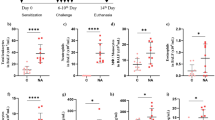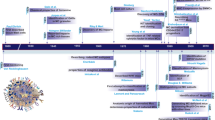Abstract.
Objective: In this study we aimed to examine the kinetics of CD69 expression and the susceptibility to apoptosis, in eosinophils and neutrophils, in the presence or absence of GM-CSF. We also addressed the question whether differences between atopic patients and healthy individuals exist in this respect.¶Materials and Methods: Freshly isolated eosinophils and neutrophils from non-atopic and atopic donors were analysed by flow cytometry for Annexin/PI staining, caspase 3 activation and CD69 expression.¶Results: We found a higher CD69 expression when atopic neutrophils were incubated with GM-CSF compared to non-atopic neutrophils, and that the kinetics of CD69-expression in neutrophils, but not in eosinophils, differed between non-atopic and atopic individuals (p < 0.004). We also found a higher viability in GM-CSF-stimulated neutrophils from non-atopic individuals as compared to neutrophils from atopic individuals (p < 0.05).¶Conclusion: These data suggest a potential role for neutrophils in the allergic inflammatory reaction through differences in apoptosis rates and CD69 expression between atopic and non-atopic individuals.¶
Similar content being viewed by others
Author information
Authors and Affiliations
Additional information
Received 14 April 2002; returned from revision 15 July 2002; accepted by C. J. Whelan 18 July 2002
RID="*"
ID="*"Correspondence to: A. Nopp
Rights and permissions
About this article
Cite this article
Nopp, A., Stridh, H., Grönneberg, R. et al. Lower apoptosis rate and higher CD69 expression in neutrophils from atopic individuals. Inflamm. res. 51, 532–540 (2002). https://doi.org/10.1007/PL00012424
Issue Date:
DOI: https://doi.org/10.1007/PL00012424




